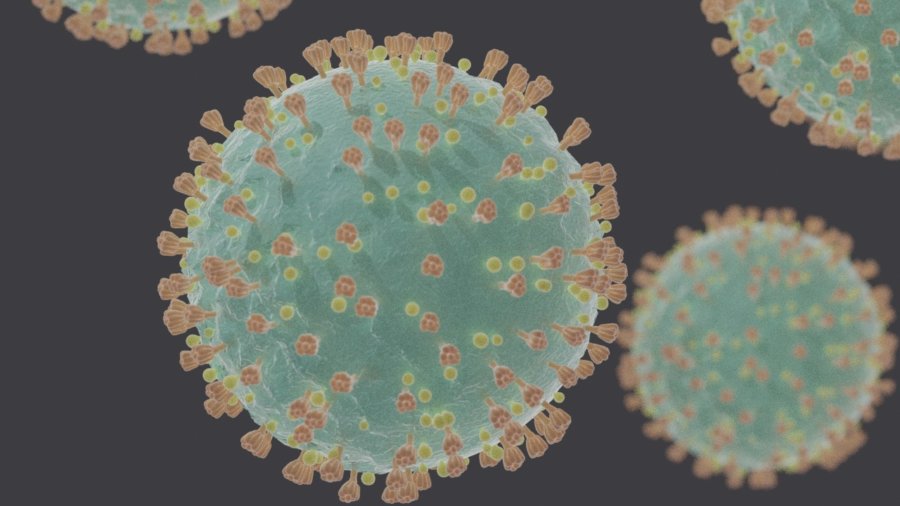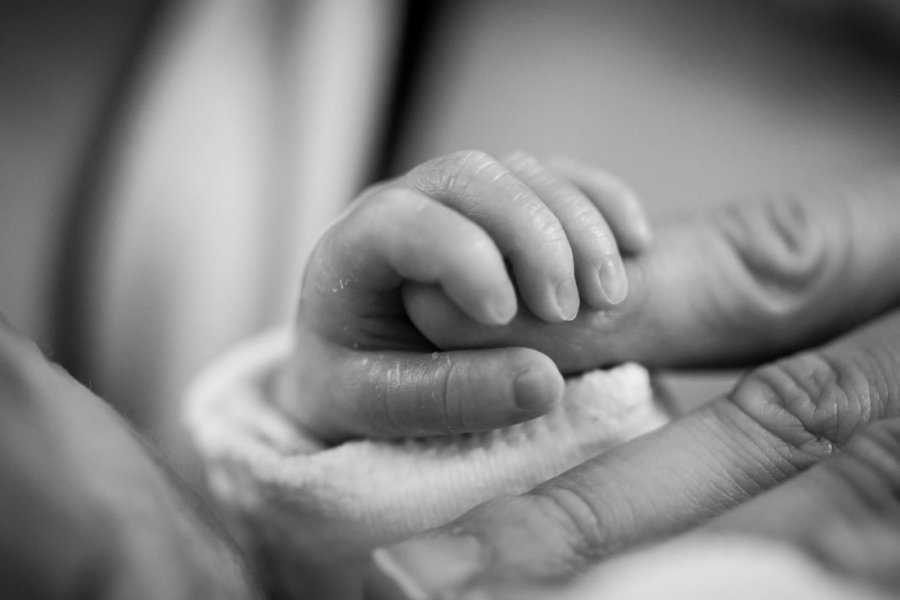Historically, viral illnesses become more serious in the very young, the elderly and in individuals having a weakened immune system. Given that victims of all ages have become infected with the coronavirus, many are understandably concerned about the effect the illness may have on expectant mothers.
Pregnancy and Covid-19
The World Health Organization reports that in a study of 147 pregnant women, eight percent developed more severe forms of the illness. One percent required critical care.
A study of nine afflicted women who gave birth indicated that none of the infants tested positive for the virus. But, the women all became infected during the last trimester of pregnancy. It remains yet unknown how the virus might affect a fetus during the early months of development.
Another study involved 10 newborn infants who developed serious forms of the illness. According to a physician from the Northwestern University Feinberg School of Medicine, the amniotic fluid, breast milk, and cord blood were tested. But, all of the fluid was negative for Covid-19. So, physicians do not believe that the illness passes from the mother to the developing infant. Theories revolving how the babies became infected include that the women may not have undergone testing and found to be afflicted before delivery. The babies may have come in contact with their infected mothers shortly after birth.
An obstetrician affiliated with the American College of Obstetricians and Gynecologists advises that pregnant women should undergo testing at their initial appointment and separated from patients who tested negative. Pregnant women are advised to use the same precautions recommended for the general public.
About Covid-19
After exposure, individuals may develop symptoms in two days to two weeks. The majority of afflicted individuals suffer symptoms that are equated with the common flu. The experience may include fever, generalized fatigue and upper respiratory symptoms. Others suffer muscle aches and diarrhea. The World Health Organization reports that the virus causes serious illness in one out of every six patients. More severe cases exhibit difficulty breathing and shortness of breath. Individuals experiencing more serious symptoms are advised to seek medical attention.
Scientists recently revealed that the virus has two strains, one of which is more aggressive than the other. Health care providers also report that it is possible for individuals to suffer a relapse, which is often more serious.
Transmission occurs through airborne droplets or coming in contact with infected animals, surfaces or fecal matter.


